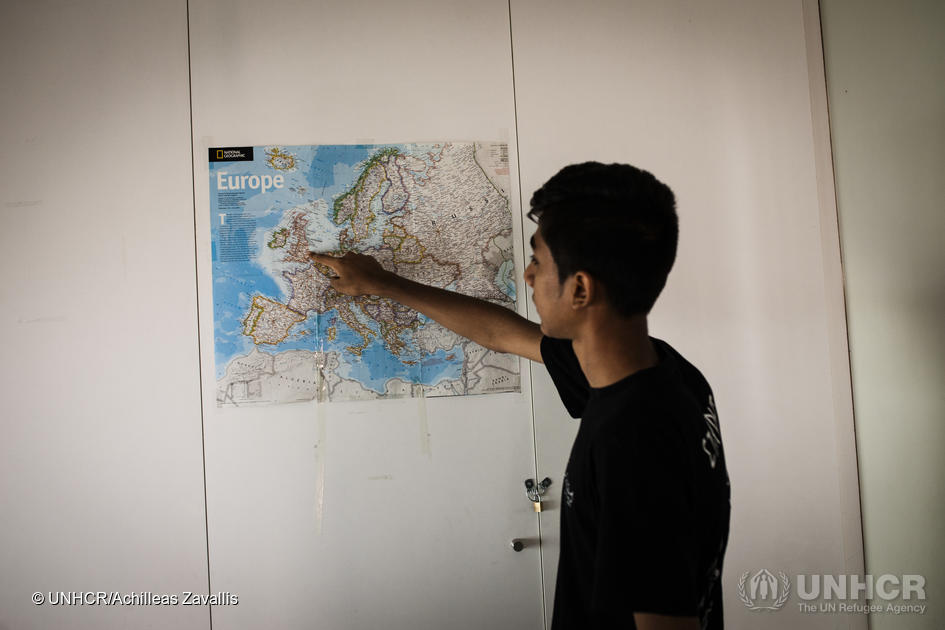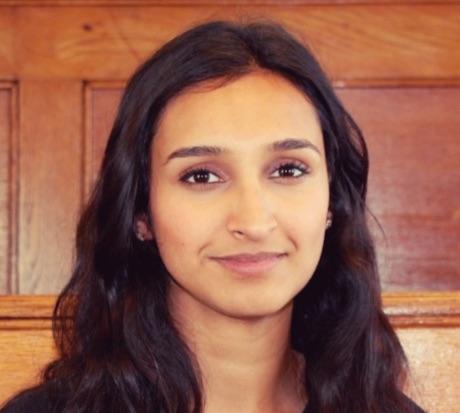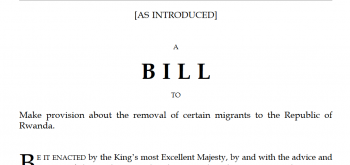Challenging the ages of separated child refugees and asylum seekerswas havng a ‘devastating impact’ on children arriving in the UK, according to the UN refugee agency. These unaccompanied and separated asylum seekers children are likely to be denied services which would typically assist their transition to the UK. See here for an article by Laura Gibbons of the Greater Manchester Immigration Aid Unit on the ‘culture of disbelief’ behind age assessments.
According to UNHCR, if a child’s age was disputed at the border, their access to services which would help to integrate them into the UK was delayed and often impeded. Instead of attempting to forensically determine their age as soon as possible, young children are placed in accommodation with adults until a decision has been made. The report said that for many children, these initial mistakes took ‘at least months, and often years, to correct’. Children correctly identified as being 15 years old were initially judged to be adults and spent a great deal of time in limbo.
Upon being detained in adult immigration centres, these vulnerable children are likely to be denied access to education and the report concludes that there was a serious toll on their mental and physical health. They are also at risk of absconding or becoming victims of human trafficking. UNHCR reported that in the meantime children were exposed to ‘harmful and protracted disputes, not only denied the support to which they are legally entitled, but also forced to challenge the very people charged to look after them’.
According to international best practice, all age-disputed individuals – specifically those asserting to be children – should be given the benefit of the doubt and treated like a child unless it would be unreasonable to do so. Any age assessment procedures should not be a norm, rather a measure of last resort. An assessment should only be carried out if there is serious doubt of the person’s age and once informed consent has been given. The UN report noted that the UK policy and practice were behind these international principles and that change was necessary.
The UNHCR report was one of three commissioned by the European Commission. The aim of this project was to ensure that unaccompanied or separated children arriving to the UK as refugees and asylum seekers do not undergo further trauma than what they have already endured.
A Home Office spokesperson responded to the report, saying that their approach to age-disputed cases ‘strikes the sensitive balance between ensuring that children who claim asylum are supported while maintaining the integrity of the asylum system’. ‘When there is doubt about whether someone is an adult or a child, they will be referred to a local authority’s social services department for a careful, case law-compliant age assessment and they will be treated as a child until a decision on their age is made.’







